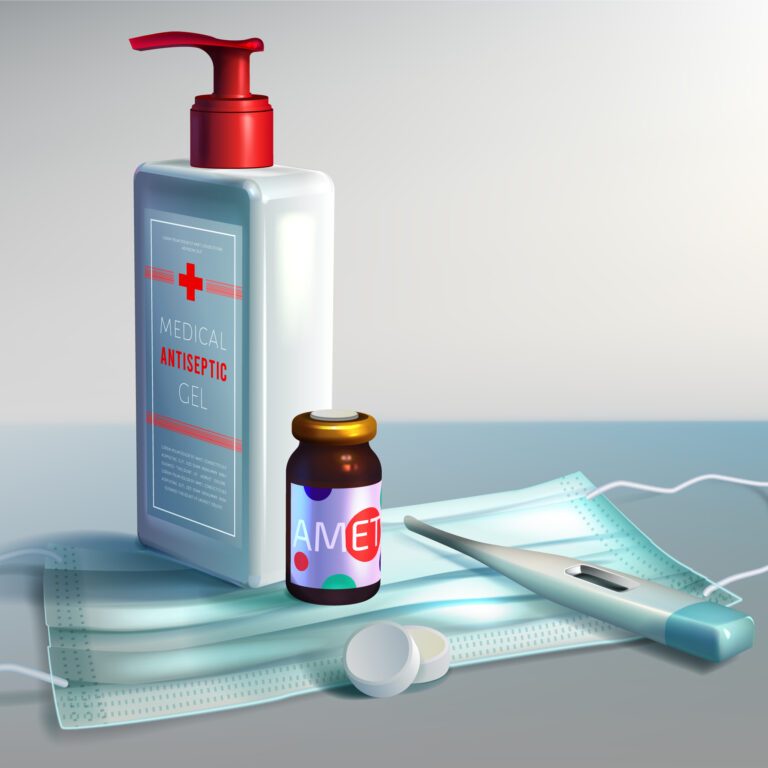
Navigating the complexities of shipping and handling medical supplies is critical for ensuring the integrity, safety, and timely delivery of these essential items. Whether you’re managing wholesale medical products for distribution or delivering patient-specific items, understanding best practices can prevent costly errors, maintain compliance, and protect public health.
Understanding the Basics of Shipping Medical Supplies
Shipping medical supplies isn’t as straightforward as sending other goods. Products such as surgical instruments, pharmaceuticals, or diagnostic kits often require specialized packaging, specific storage conditions, and expedited delivery. Ignoring these needs could compromise the efficacy of the supplies.
Why Proper Handling Matters
Improper handling during transportation can lead to contamination, spoilage, or breakage of supplies. These risks underscore the importance of selecting the right shipping methods and carriers. For instance, temperature-sensitive items like vaccines require climate-controlled transportation to remain effective upon delivery.
Key Factors to Consider
Temperature Control
Temperature-sensitive products like insulin or certain biologics need cold chain logistics—a method that ensures items remain within a specific temperature range from the warehouse to their final destination. Specialized coolers, dry ice, or gel packs are often necessary.
Regulatory Compliance
Shipping medical supplies involves adhering to strict regulations imposed by authorities such as the FDA or international agencies like WHO. These regulations ensure safe handling and distribution practices. Non-compliance can lead to legal penalties and loss of trust.
Packaging Standards
Durable, tamper-evident packaging is vital. This ensures that supplies reach their destination intact and uncontaminated. Clear labeling that indicates contents, handling instructions, and expiration dates is equally critical.
Wholesale Medical Products: Streamlining the Process
When managing wholesale medical products, efficiency and cost-effectiveness are paramount. Buying in bulk requires careful planning to avoid overstocking or expiration issues. Collaborating with specialized freight services experienced in medical logistics can make all the difference.
Benefits of Bulk Shipping
- Reduced Costs: Shipping in bulk can significantly cut transportation costs.
- Simplified Inventory Management: Centralized supply reduces the frequency of orders.
- Consistent Quality: Working with reputable wholesalers ensures consistent product standards.
Finding Reliable Wholesale Medical Suppliers
Trustworthy wholesalers maintain certifications and robust quality control systems. They also offer guidance on compliance and packaging, which simplifies the process for businesses or healthcare facilities.
Challenges in Medical Supply Logistics
Global Supply Chain Disruptions
The COVID-19 pandemic highlighted vulnerabilities in the global supply chain, with delays and shortages affecting medical supplies worldwide. Strategies like diversifying suppliers and sourcing locally can mitigate these risks.
Handling Hazardous Materials
Some medical products, such as radioactive isotopes for imaging or biohazard materials, require specialized permits and handling procedures. Ensuring compliance with local and international hazardous material regulations is non-negotiable.
Innovative Solutions in Shipping Medical Supplies
Technology in Logistics
Digital tracking systems provide real-time updates on shipments, ensuring transparency and accountability. GPS tracking, RFID tagging, and IoT sensors can monitor temperature, humidity, and transit times.
Sustainable Packaging
Eco-friendly materials for shipping medical supplies are gaining traction. Biodegradable packaging not only reduces environmental impact but also aligns with healthcare institutions’ sustainability goals.
Ensuring Timely Deliveries
Timeliness is a cornerstone of effective medical supply logistics. Delays can jeopardize patient outcomes and disrupt healthcare services. Working with experienced courier services offering expedited delivery and a track record in medical logistics ensures reliability.
FAQs
What packaging materials are suitable for shipping medical supplies?
Tamper-evident, durable materials such as reinforced cardboard, bubble wrap, and insulated containers are ideal for protecting medical supplies during transit.
How do I choose a reliable medical supply wholesaler?
Evaluate suppliers based on certifications, product quality, reviews, and customer support. Reputable wholesalers often assist with compliance and logistics planning.
What are cold chain logistics?
Cold chain logistics maintain a consistent temperature-controlled environment for shipping temperature-sensitive medical products, ensuring their safety and efficacy.
Can medical supplies be shipped internationally?
Yes, but compliance with international shipping laws and regulations, along with obtaining necessary permits, is mandatory for successful delivery.
What are the common challenges in shipping medical supplies?
Common issues include maintaining temperature control, avoiding contamination, handling hazardous materials, and navigating regulatory requirements.
Conclusion
Shipping and handling medical supplies demand meticulous planning, adherence to regulations, and specialized logistics. Whether dealing with wholesale medical products or individual shipments, prioritizing proper handling ensures the safety and effectiveness of these essential items. With evolving technologies and a focus on compliance, the process becomes more efficient, sustainable, and reliable—an essential backbone of modern healthcare systems.